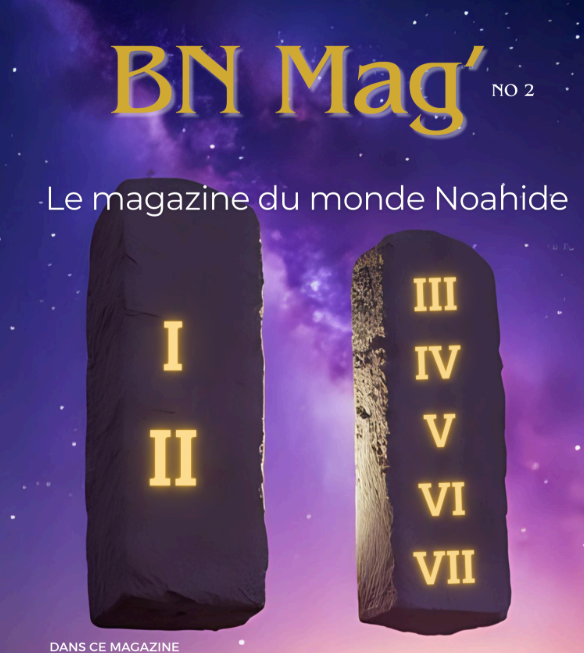The basic assumption is: while an individual may lose his rights as a Jew, the Hebrew nation remains the child of G-d forever.
It's written: "You are sons of your G-d" [Deuteronomy 14:1]. It is a great honor to be the son of the Holy One, Blessed be He, as an entire nation, as is written, "My firstborn son is Israel" [Exodus 4:22]. This expression of honor obligates us to make a special effort, more than seven commandments.
But what happens when we do not act as a son should?
The rabbis disagree about the answer to this question.
Rabbi Yehuda says when we act as sons, we are called sons, but if not, we are not called sons.
But Rabbi Meir says, in any case, we are still called sons. (Kidushin 36a). Rabbi Meir has several proofs of his opinion. For example,
- "Destructive children" [Isaiah 1:4] – we are called children even when we are destructive.
- "Sons who are not faithful" [Deuteronomy 32:20] – even though they have no faith.
- "And it will be, instead of being said to them, 'You are not My nation,' it will be said, 'sons of the living G-d'" [Hosea 2:1].
We can find many verses to show that Rabbi Meir is correct.
Therefore, even though, in general, when there is a dispute between Rabbi Meir and Rabbi Yehuda, the halacha follows the opinion of Rabbi Yehuda, this time is an exception. In this case, we rule according to Rabbi Meir. The Talmud continues to discuss the opinion of Rabbi Meir at length because his opinion is accepted as the halacha.
Now we can understand what the Rashba (influential Rabbi who lived 700 years ago) writes in his responsa (194; 242).
The Rashba was asked if the dead body of an apostate Jew causes another person in the same "tent" to become ritually impure. The basis for this question is the general principle that dead bodies from other nations do not impart ritual impurity in the same way as the body of a Jew. A Jew passes on impurity if his body is in the same "tent" with a living person, while a non-Jew is a source of impurity only if his body comes into physical contact with another person. Thus, the question was whether an apostate ceased to be a Jew in halachic terms. And the question was made even stronger by noting that one is allowed to charge interest on a loan to an apostate and that his wine is considered Gentile wine used for a libation and is therefore unfit to drink.
The Rashba answered that an apostate imparts ritual impurity in the same way as any Jew. An apostate can be charged interest because the prohibition of interest is derived from a verse that refers to "your brother," and this person does not act as your brother; he has thus abrogated his right to be treated as a brother. But ritual impurity is not related to brotherhood but is due to the special love for Israel, who are called "sons" – following the opinion of Rabbi Meir. No matter what, they are called sons.
It is characteristic of Jews to try to escape from their unique traits. However, the very fact that somebody writes a book called "How and When I stopped being a Jew" is a testimony of the strong link he feels to Judaism.
Based on what we have written so far, we must not think that Rabbi Yehuda feels that the unique treasure of Judaism can be transferred from one nation to another. There is no way that Rabbi Yehuda can be accused of holding an opinion that was the very basis of Christianity! Instead, he feels that an individual can lose his trait as a son. He does not think that this can happen to the entire nation.
And this is the foundation of the unique traits that have been part of Israel since it became a nation. As Rav Avraham Yitzchak Kook writes in his letters (number 555), the sanctity of Bnei Israel has two components: the inherent sanctity and the sanctity related to G-d has chosen our. A holiness related to an intrinsic trait can never be dispelled, but it is only revealed as a result of our choice. When we decide to act in a holy and pure way, our eternal and inherent divine trait is displayed through us.



